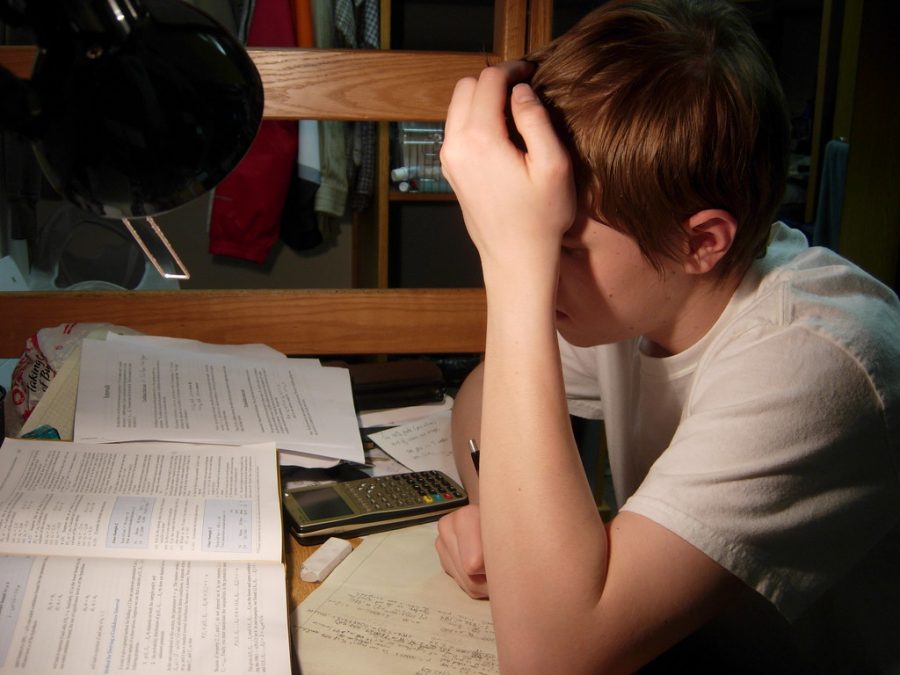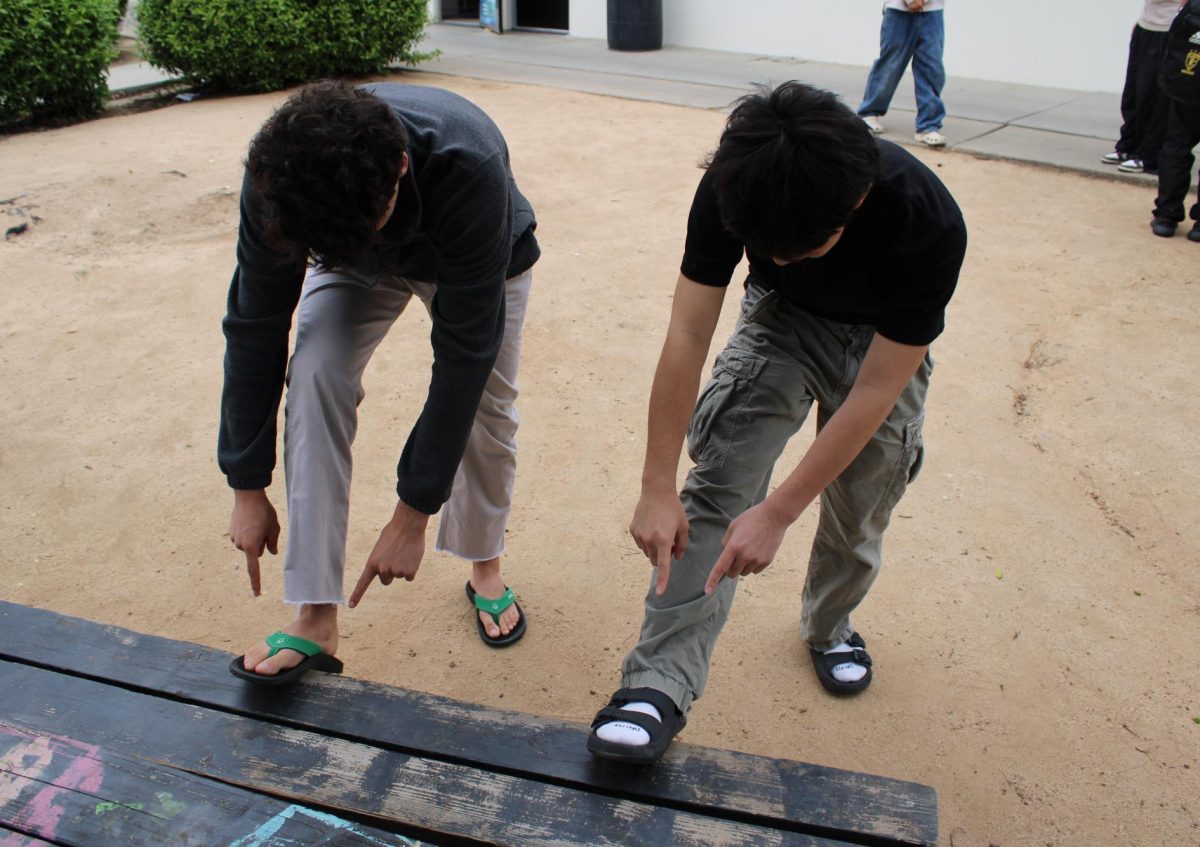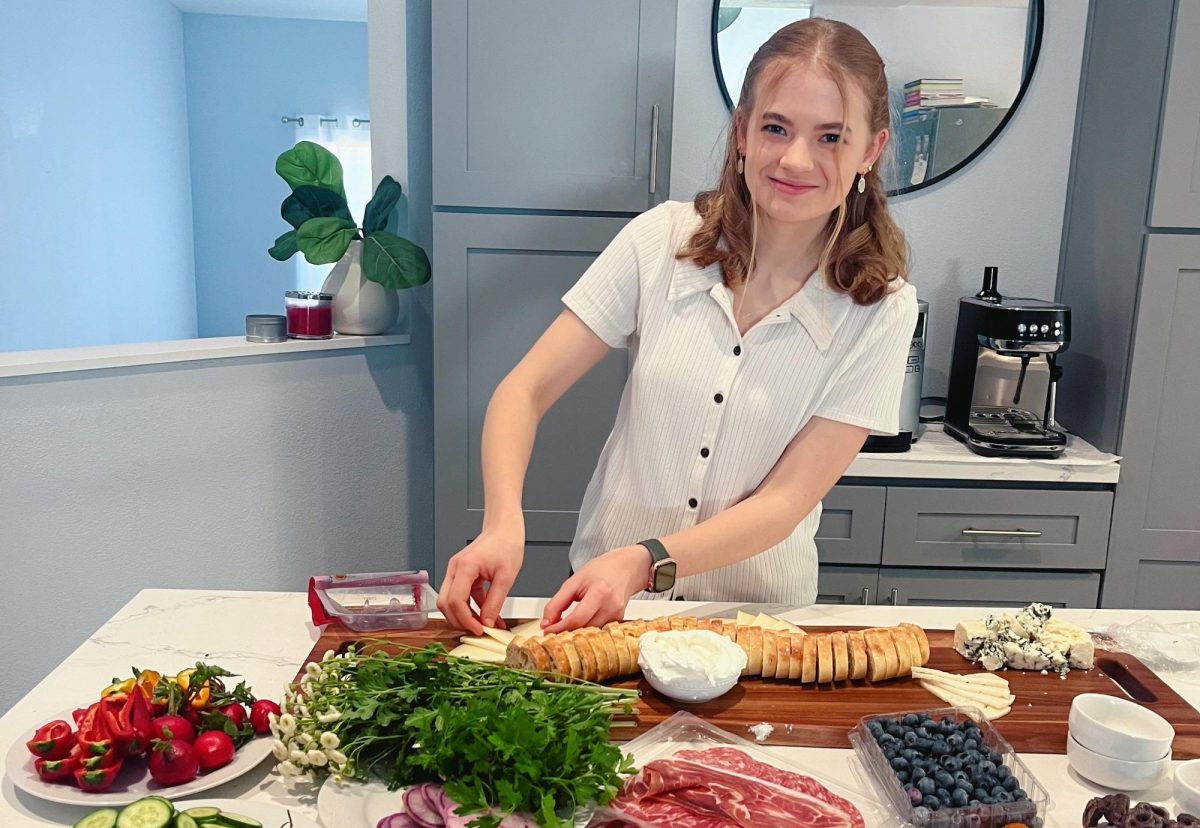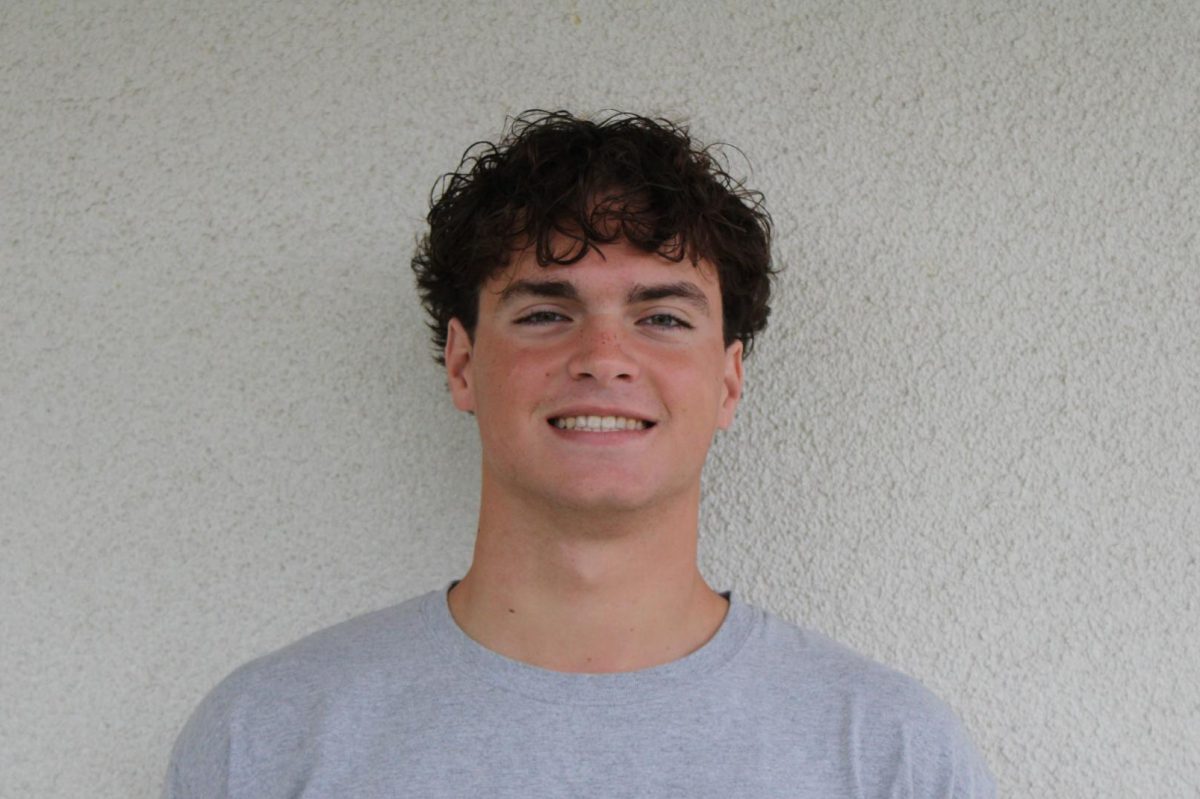It was March 13, the last day of in-person classroom instruction before the Fullerton Joint Union High School District closed all of its campuses in response to the rapid diffusion of COVID-19 cases worldwide.
Ellen Stickler, one of the district’s school psychologists who’s been assigned to Sunny Hills for two years, guided her students like a normal day, unaware that this meeting would be her last in-person conference for a while.
“Once remote learning hit, I had to figure out ways to connect and make counseling meaningful on a Google Hangouts platform,” Stickler said.
In the face of an unprecedented pandemic, she provides insight on methods to maintain mental wellness.
“I found that while every student is different — each and every one of them had new challenges that came with the changes to hybrid learning because it was a huge disruption in their routine,” Stickler said.
To deal with such challenges, the psychologist encourages students to take breaks from Zoom in between classes, keep a routine and immerse themselves in guided meditation for at least five minutes daily. She also believes that limiting social media usage as much as possible and exercising outside are all important parts of self-care.
Stickler also offered the following questions that students can ask to determine if they’re exhibiting any symptoms of anxiety or depression:
“Just any big change from who you are as a person warrants caution,” the psychologist said.
For anyone in need of counseling, Stickler recommends talking with a parent or guardian first, but she is always open for students to schedule an appointment.
“Talk about it with your parents or guardians because they might be dealing with their own stuff that they might not notice or know how to ask,” she said.
AP Psychology teacher Greg Abbott agrees that quarantine has made it harder for adults to recognize mental challenges their children might be facing.
“Students and teachers have a harder time developing a relationship online as opposed to real life, so there is a little bit more guessing of how a student is doing mentally than usual,” Abbott said. “They might not know me well enough to talk to me.”
The social science instructor emphasizes the need for students to prioritize selfcare — particularly when under the stress of hybrid learning — by socializing in a safe way.
“Especially with online school, we need exercise, physical activity, mental stimulation and safe social interaction,” Abbott said. “When I walk my dog, I notice that many students converse with their friends at parks while wearing masks and maintaining social distance, which is safe and very healthy for the mind.”
This story also appeared in the Dec. 14 print issue, which can be read here.












